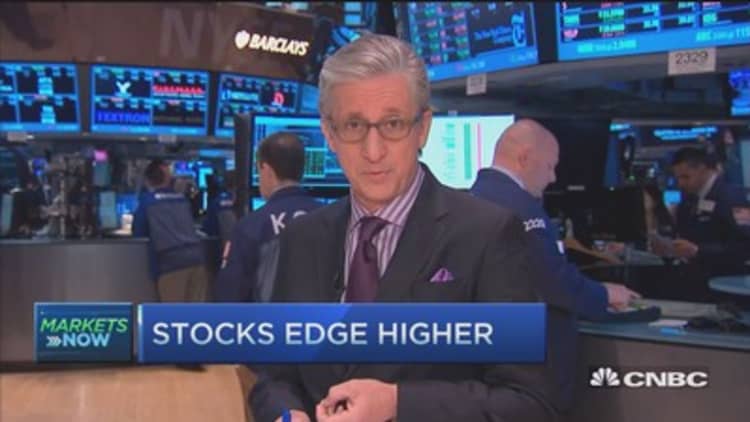
No wonder the U.S. stock market has lagged this year. Investors are putting all of their money into international funds and ETFs.
TrimTabs founder Charles Biderman called me to lament that the only marginal buyer of U.S. stocks are the companies that issue the shares themselves.
The good news: Biderman noted that U.S. corporations continue to buy back stock at a near-record pace. The float of the U.S. stock market has gone down $337 billion year to date (net of all new shares including insider trading). That's a lot. The record was $457 billion in 2013, for the full year.
The current float of the U.S. is $27 trillion, so that's a decline of about 1.5 percent. That's significant.
Remember, prices are higher than in 2013, so companies may be spending more but they're buying back less stock.
Read More Bill Gates: Low rates pose leverage, bubble risks
The bad news: The retail investor has his or her head elsewhere. There have been outflows from U.S. mutual funds ($21 billion) and ETFs ($25 billion) both year to date and for the month of April.
Instead, investors have been pouring money into international mutual funds ($41 billion) and global ETFs ($64 billion).
What's it all mean? It means U.S. corporations are the main buyers of U.S. stocks right now.
The lack of a big retail buyer is a headwind for U.S. stocks. Last year, Biderman noted we had the benefits of quantitative easing and a float shrink; now we just have the benefits of float shrink.
Just because American investors have gone overseas, it doesn't mean they won't come back. And remember, we are now 75 percent of the way through earnings season. There is a blackout period of several weeks for most companies during earnings season, during which time they do not buy back stock.
That period is now ending, and it's possible the renewal of buybacks could push us decisively into record high territory.


